The AJAN HIV and AIDS Prevention Programs for the Youth Training of Trainers (AHAPPY-ToT) for youth from the Catholic Diocese of Garissa took place at St. Jude Thaddeus Catholic Church in Bura-Tana, from 22nd to 26th April 2025. The training brought together 49 participants from five out of the seven Parishes of the Diocese. They include; Garissa, Hola, Bura- Tana, Emmaus, and Wenje.
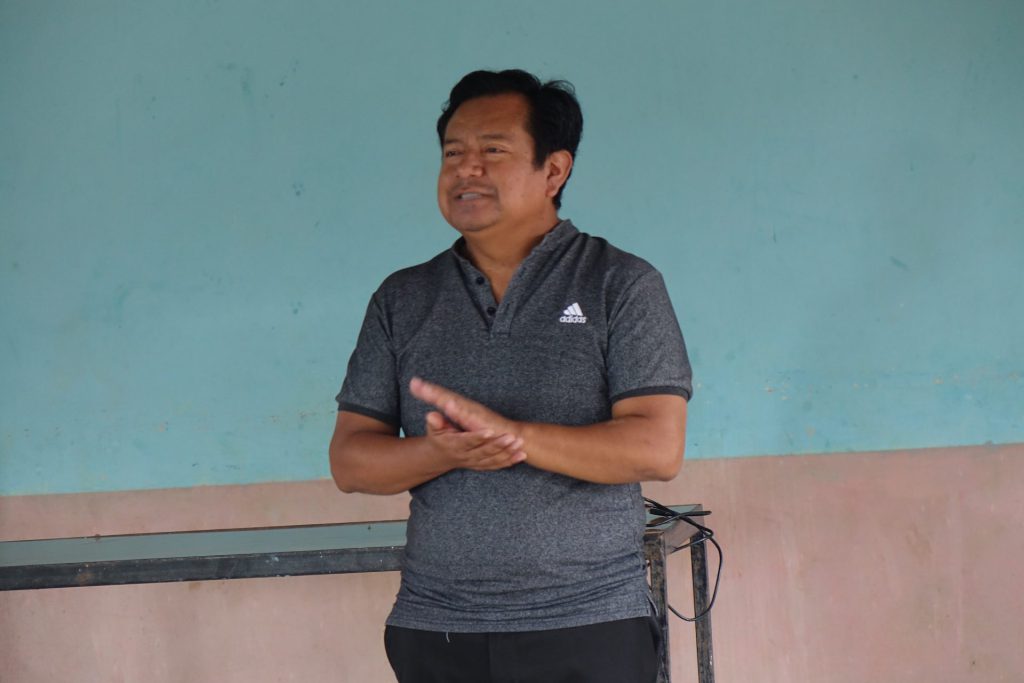
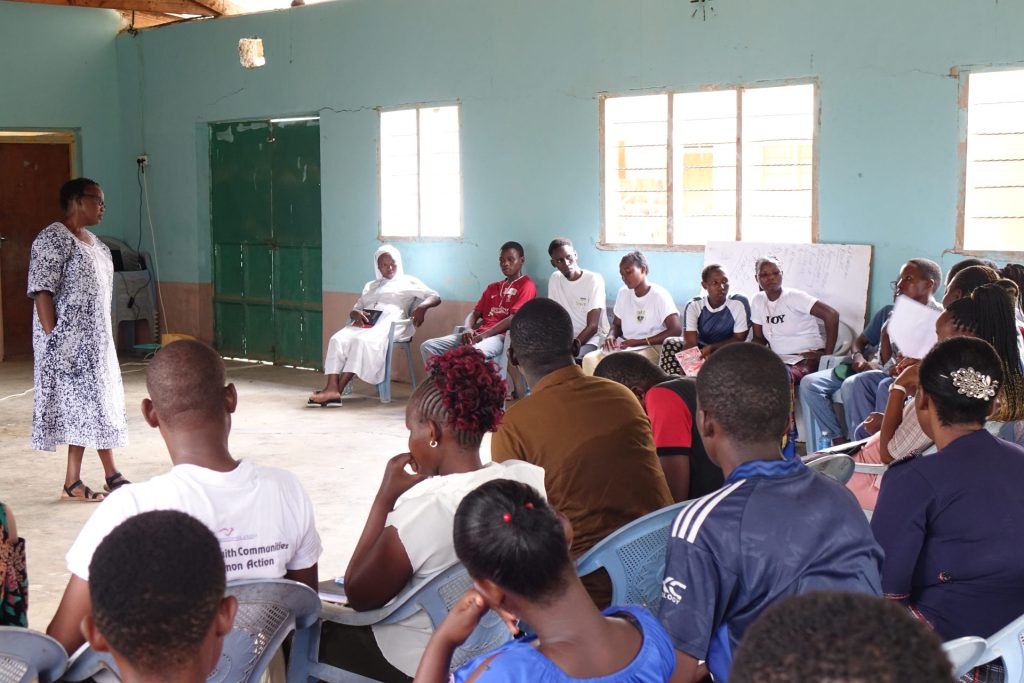
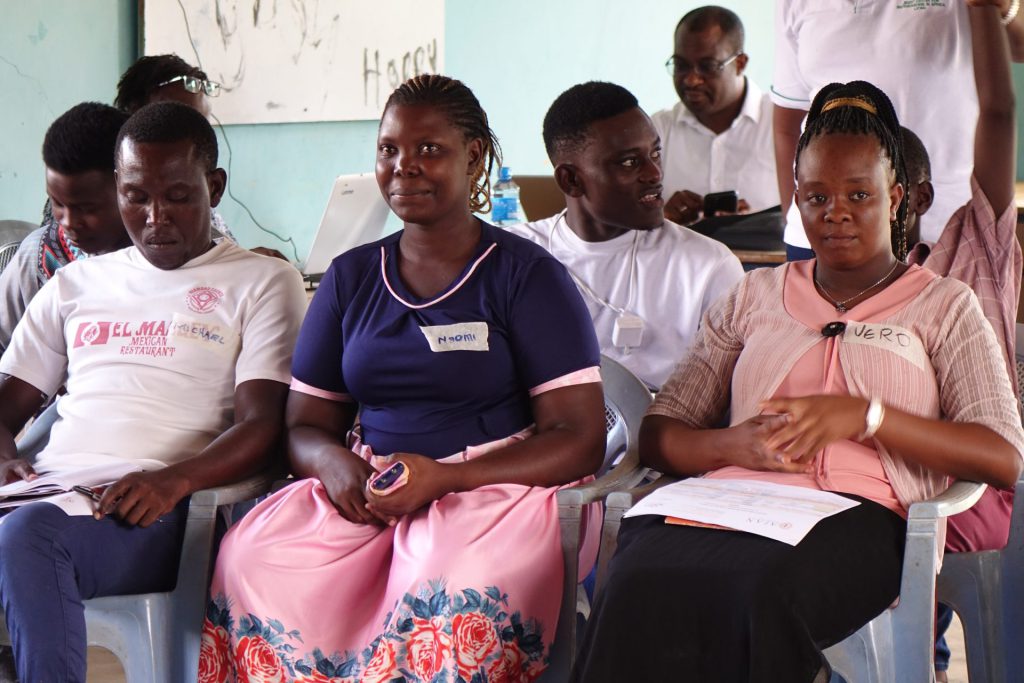
At the opening session, the Parish Priest warmly welcomed the AHAPPY facilitator team, led by Fr. Matambura Ismael SJ, the AJAN Director. He encouraged the participants to stay attentive and appreciative of the opportunity to acquire new knowledge. The Youth Chaplain, Br. Bernard, also challenged the attendees to remain open to learning and embracing new ideas.
AJAN Liaison Officer, Fernando Nimbu, kicked off the session by providing a comprehensive overview of the AHAPPY program. He took the participants through the journey of the program’s inception, tracing its roots from its initial launch to its current evolution. Fernando shared how the program has adapted and expanded over the years, reaching more communities and impacting more youth. He highlighted the core principles of AHAPPY, which aim to empower young people through training, leadership, and integral development.
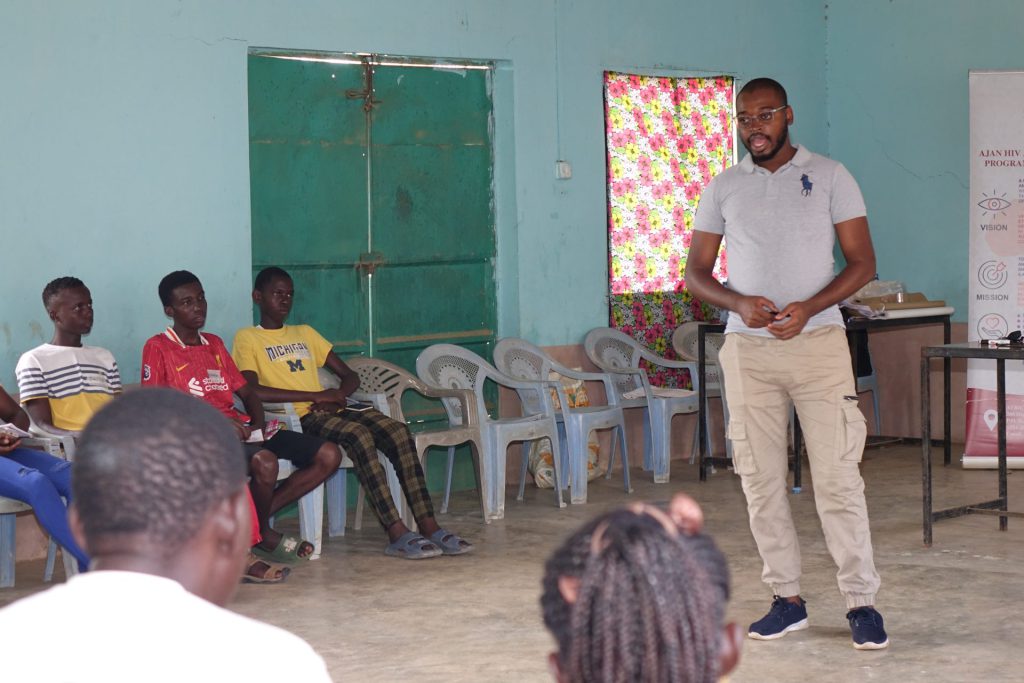
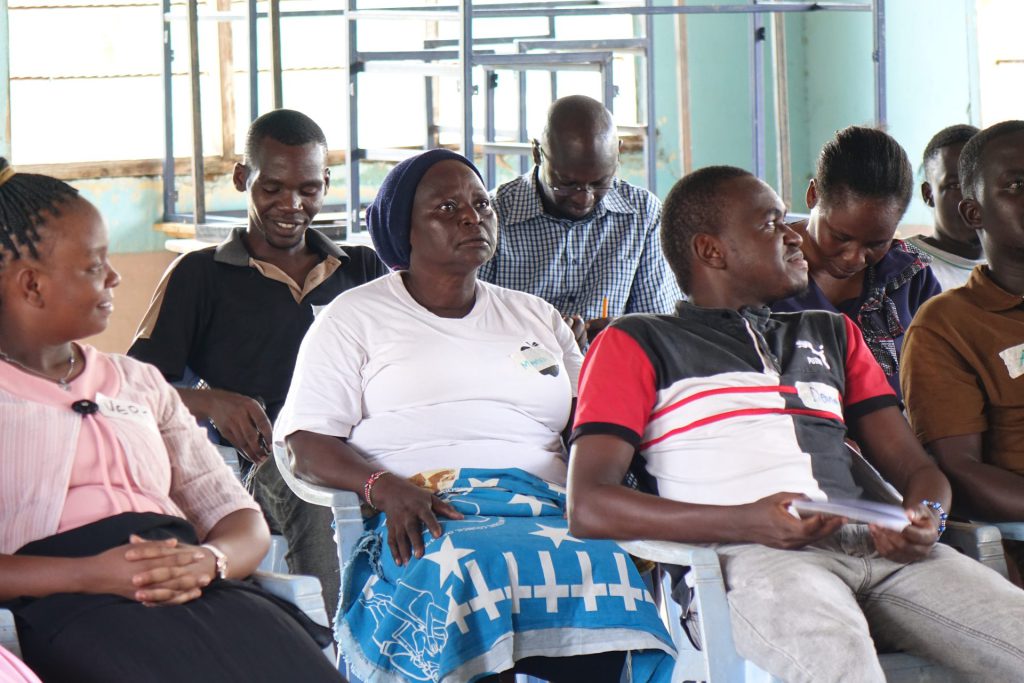
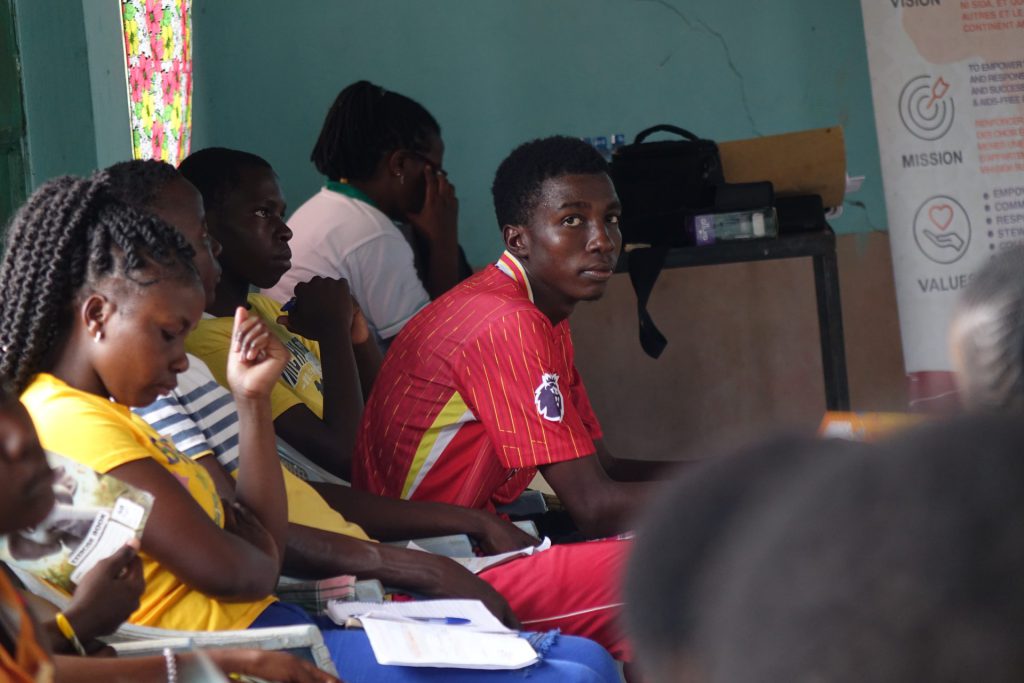
The session that followed in the five days of the training delved into exploring the five key dimensions of the AHAPPY program. It began with the Spiritual Dimension, highlighting the integration of Christian values, encouraging participants to reflect on their faith and purpose, and fostering a sense of meaning and responsibility as creatures of God and their purpose on earth. Next, the Intellectual Dimension provided essential knowledge about HIV and AIDS prevention, sexually transmitted infections, and responsible decision-making, empowering participants to make informed choices. Physical Dimension, which emphasizes promoting healthy behaviors, such as avoiding risky sexual practices, practicing safe sex, and maintaining regular physical activity. The Emotional Dimension focused on building strong emotional connections, developing healthy coping strategies, and learning to manage stress and challenging emotions. Finally, the Social Dimension emphasized the importance of responsible social behavior, cultivating positive relationships, and promoting a sense of community and belonging among the youth, being a loving neighbor and brother’s keeper.
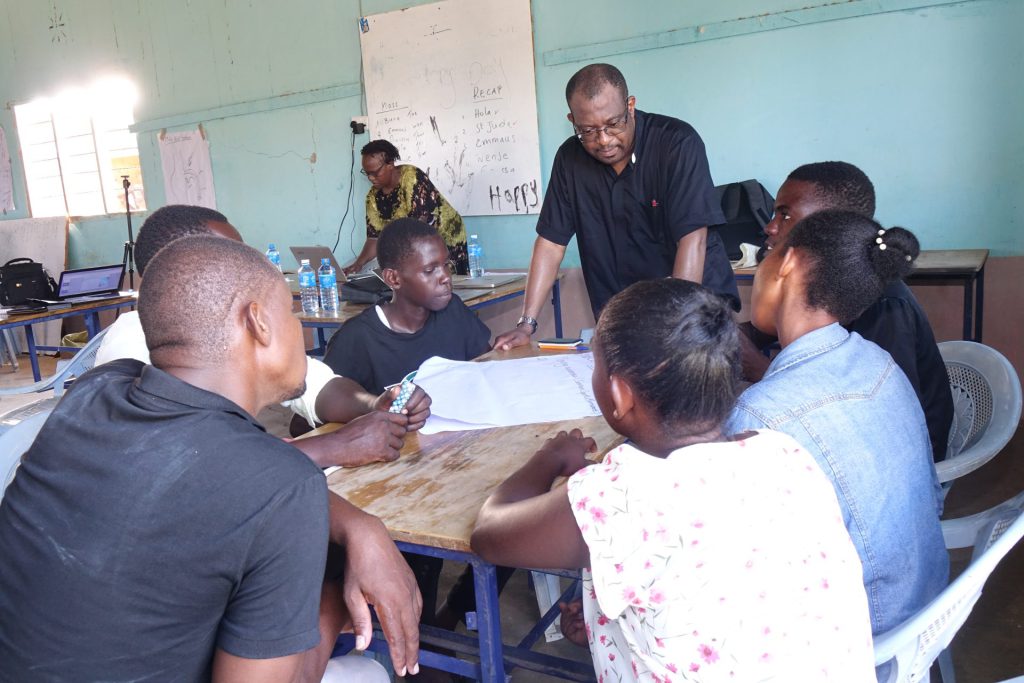
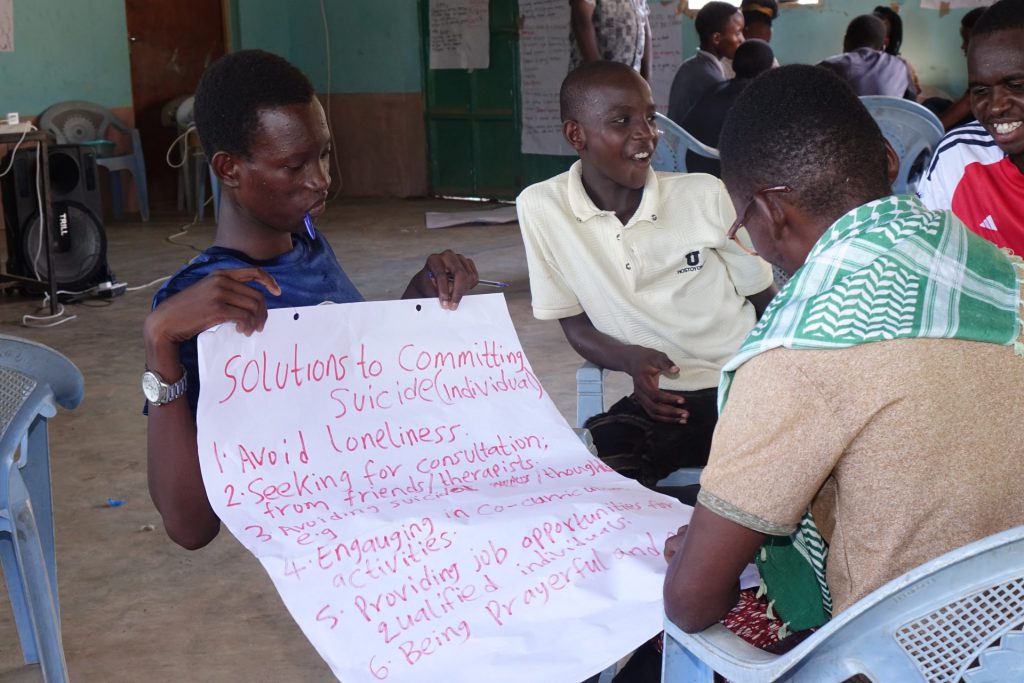
Throughout the training, sessions were highly interactive and participatory, with group discussions, personal reflections, and creative presentations being undertaken. These activities allowed the young participants to internalize the lessons and relate them to their own lived experiences. The facilitators emphasized the importance of the youths being responsible and taking initiative to empower fellow youths in their parishes, reminding the trainees that they are now equipped to reach out to others in their parishes with the same knowledge and values.
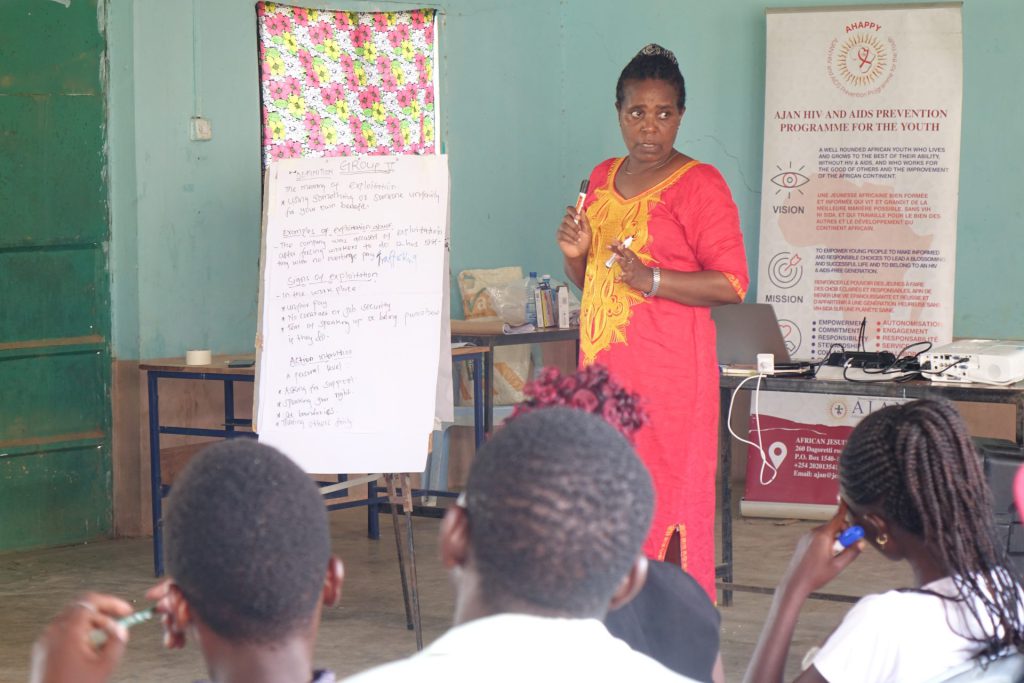
One of the most impactful moments of the training was the evening sessions where we had screening of short films; ‘River Me’ and ‘Sarafina’, which led to deep discussions about identity, manipulation, abuse, resilience and leadership. Participants connected the film’s lessons to their own lives and the challenges faced by youth in Garissa. Testimonies shared during these moments highlighted the deep thirst for transformation and a renewed sense of purpose among the participants.
A few selected participants shared positive feedback with the AJAN team, describing the training as a wake-up call—a pivotal moment that inspired them to take the initiative in empowering other young people with the knowledge and skills they had gained. They expressed a renewed sense of responsibility to become change-makers within their parishes and communities, committed to spreading awareness on HIV prevention and personal development.
Rodrick Gulu Jonathan from Wenje Parish shared his thoughts on the AHAPPY Training, saying:
“The AHAPPY Training was very informative. One of the key topics discussed by the facilitators was HIV. The central question raised was: Why do we have such a high number of HIV infections in Africa?
This issue, in large part, stems from our mentality towards the disease. Many people believe that HIV only affects the poor, or that our governments and health systems are not capable of effectively addressing it. However, that is not the main issue. The bigger problem is the intense stigma surrounding Persons Living with HIV (PLHIV) in Africa. These individuals are our mothers, fathers, sisters, and brothers—yet we often treat them as if they are to blame, as if they sought out the disease.
We must begin by reaching out to and accompanying those living with HIV. We need to treat them with dignity, as our brothers and sisters. To truly eliminate HIV from our continent, we must first address the root causes of its spread.
My message to fellow youth is this: start by practicing abstinence. Safe sex is no sex at all. By abstaining, we reduce the risk of contracting HIV to zero.”
Verna Jinango from Emmaus Parish shared her experience, saying:
“I had a wonderful experience during the AHAPPY sessions. They were not only informative but also deeply encouraging and motivating for all the youth who participated in the training.
One key area we focused on was Safeguarding. We were challenged to be more aware and take responsibility in protecting vulnerable members of our society—especially those who suffer from various forms of abuse, including physical, sexual, and emotional neglect. These forms of abuse are present in our communities, yet as young people, we often overlook them or treat them as normal. But they are not. People need awareness to recognize that such abuses exist and should never be ignored.
My message to fellow youth is this: many times, we hesitate to speak up or report abuse because we fear we won’t be believed. But silence only allows the pain to continue. Let us be the voice for those who cannot speak—especially children, who often suffer in silence. Reach out, listen, and support them. Together, we can create a safer and more compassionate society.”
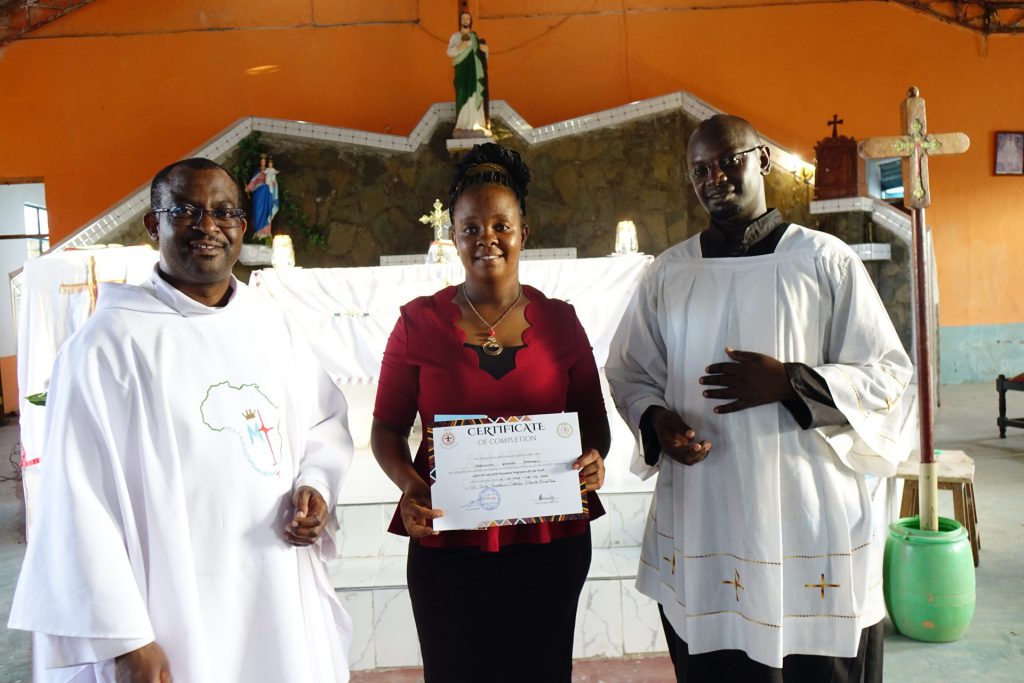
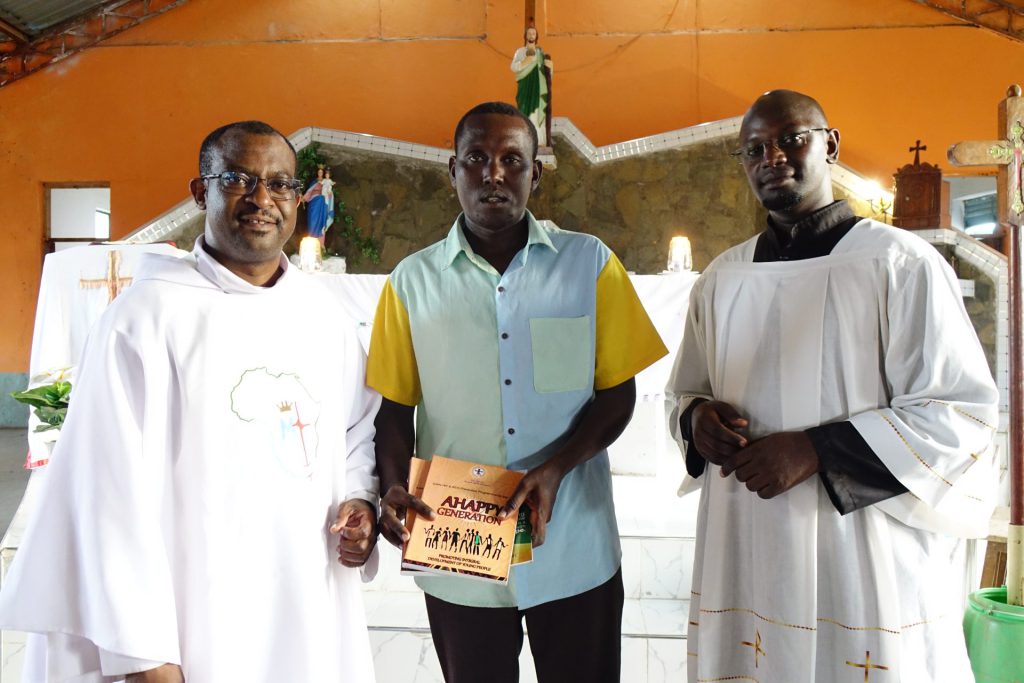
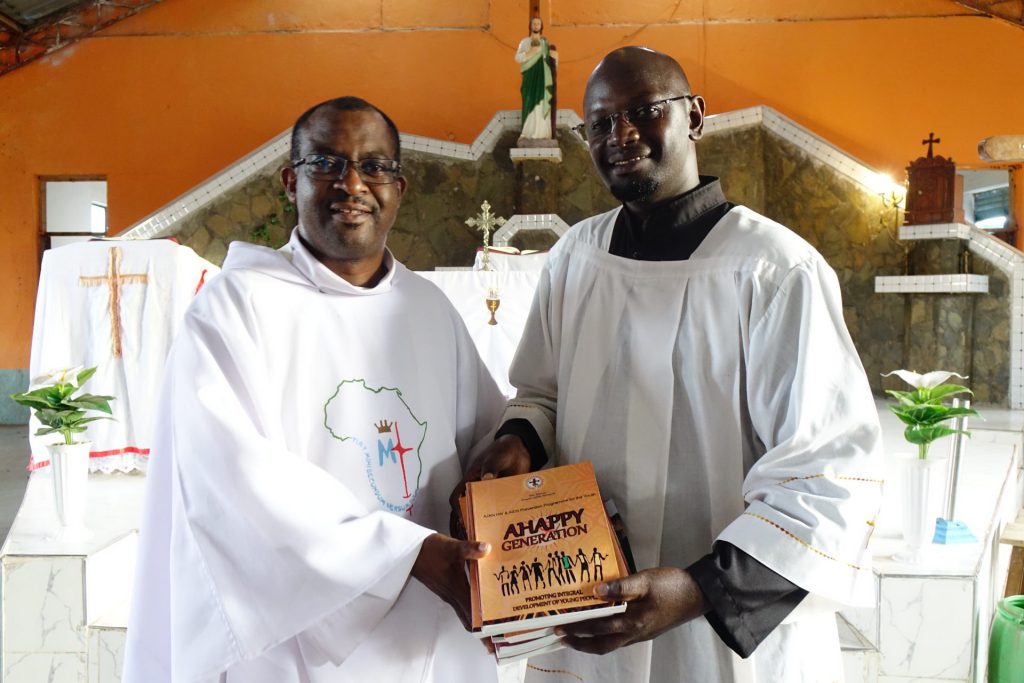
Seminarian Lenard Kingara, Youth Chaplain of the Catholic Diocese of Garissa, expressed his gratitude, saying:
“We thank God for the AJAN team that came to guide our youth through the AHAPPY training. We were able to cover many important topics that we have always wanted to address with our young people—such as drug abuse and relationships. Our youth have greatly benefited from the knowledge and skills they gained during these sessions.
We thank God for the creation of this team, whose mission is to impact the world positively. Now, our youth have been equipped with the right tools to make a difference—not just globally, but starting from their own communities, their own ‘Jerusalem.’
What they have learned here will not end here. They will carry this knowledge back to their parishes, share it with fellow youth, and from there, the message will spread—touching lives far beyond their own communities.
We are truly grateful to the AJAN team for the vital work they are doing. Long live the AJAN Team! Long live the AHAPPY Generation!”
The training concluded with a commissioning ceremony and the awarding of certificates. In a spirit-filled Mass, Fr. Matambura encouraged the young people to be “ambassadors of hope and agents of change,” reminding them that the journey was just beginning. He urged them to return to their communities not just as informed individuals but as leaders ready to empower others and build a healthier, more just society.
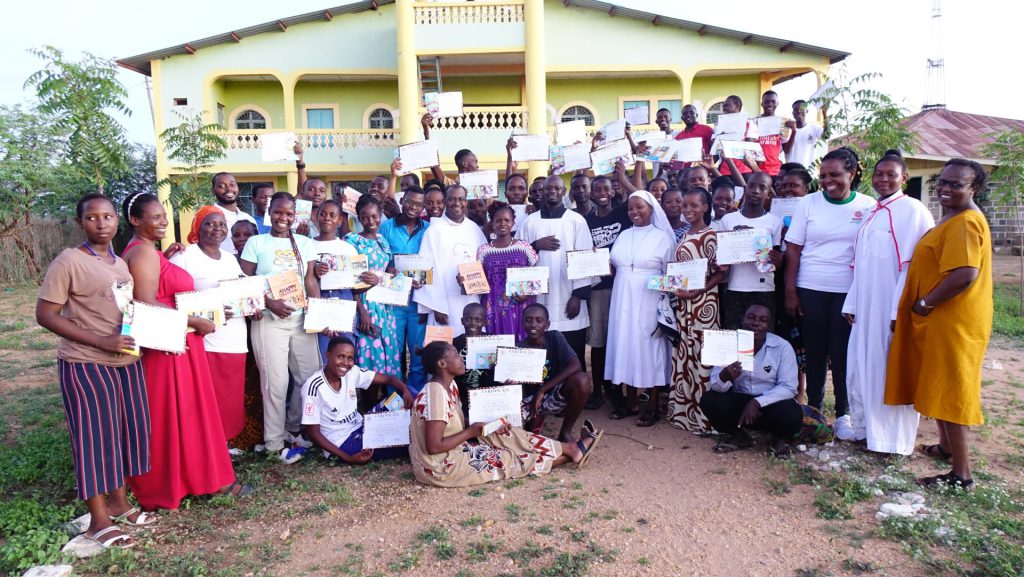
With renewed zeal and a strong sense of mission, the participants left St. Jude Thaddeus Catholic Church in Bura-Tana inspired to share the AHAPPY message across the Diocese of Garissa—carrying with them the tools to promote sense of responsibility among young people, safeguarding life and dignity of the vulnerable people in society, and holistic development in their respective parishes.
By, Dennis Owuoche,
AJAN Communications Officer.

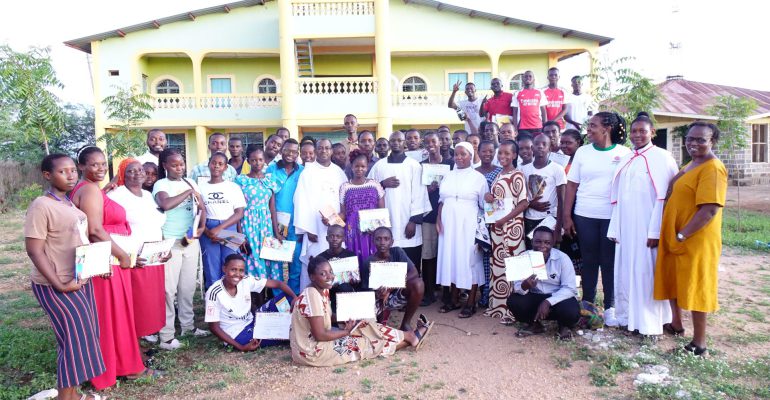
Comments are closed.